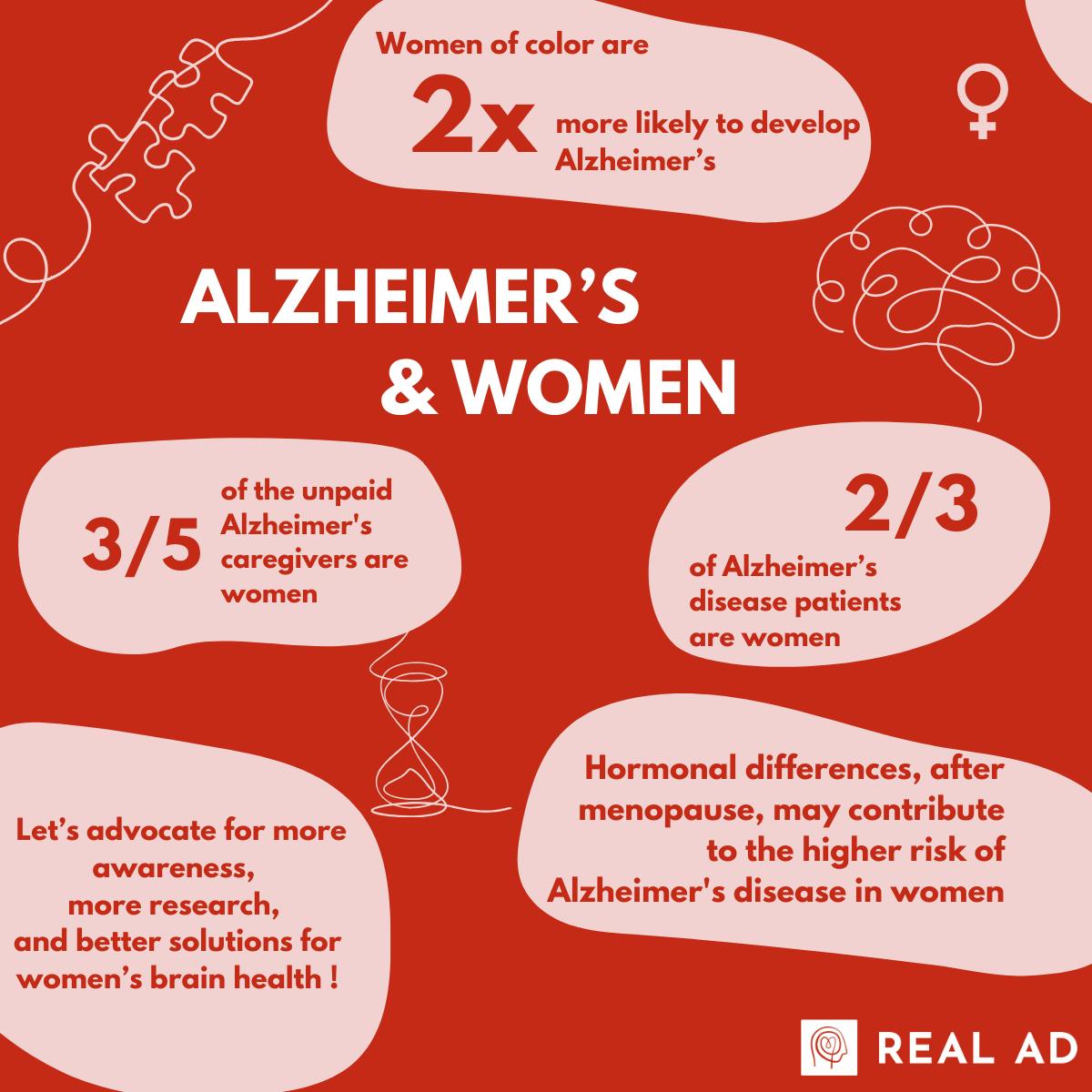International Women’s Day: Women and Alzheimer’s Risk
March 8, 2025
Women account for nearly two-thirds of Alzheimer’s cases, yet their disproportionate risk is not just due to longer life expectancy. Sex-specific biology plays a crucial role in how the female brain ages, influencing everything from metabolism to disease susceptibility.
Growing research reveals key sex differences in Alzheimer’s pathology and cognitive decline, with the menopause transition emerging as a critical inflection point in brain ageing, altering cognitive trajectories and potentially increasing Alzheimer’s risk.
Female Brain Ageing: The Role of Menopause
Menopause is not just a reproductive milestone— it is a neuroendocrine transition, driven by a decline in ovarian hormones like oestrogen. Oestrogen is a master regulator of the female brain, supporting glucose metabolism, mitochondrial efficiency, synaptic plasticity, and neuroinflammation control—all essential for brain health.
As ovarian function declines, Alzheimer’s-vulnerable brain regions, such as the hippocampus and default mode network, undergo metabolic and structural changes, including reduced glucose metabolism, increased oxidative stress, and neuroinflammation—all linked to early Alzheimer’s pathology.
Menopause Symptoms and Cognitive Ageing
Beyond its biological effects on the brain, menopause brings a myriad of symptoms, including vasomotor symptoms (hot flushes and night sweats), feelings of anxiety and depression, disrupted sleep, brain fog, and memory lapses, to name a few—all neurological in nature. These further reinforce menopause’s role in brain ageing and may serve as early indicators of cognitive vulnerability.
The Window of Opportunity
Midlife, overlapping with perimenopause, represents a critical window for Alzheimer’s prevention and intervention. Identifying high-risk individuals and developing targeted interventions is essential.
Why This Matters and the Need for More Research
Women make up half the population, and every woman will experience menopause. Yet, research into how menopause shapes cognitive ageing—and how we can intervene—remains severely underfunded. While progress is being made, there is an urgent need for greater government support, increased funding, and broader awareness.
Understanding these sex differences is not just a matter of equity—it is essential for developing better diagnostics, earlier interventions, and more effective, targeted treatments.
In REAL AD, the role of sex differences in Alzheimer’s disease is an important focus of our research. We look forward to sharing our insights with you soon!
This International Women’s Day, let’s advocate for more awareness, more research, and better solutions for women’s brain health.